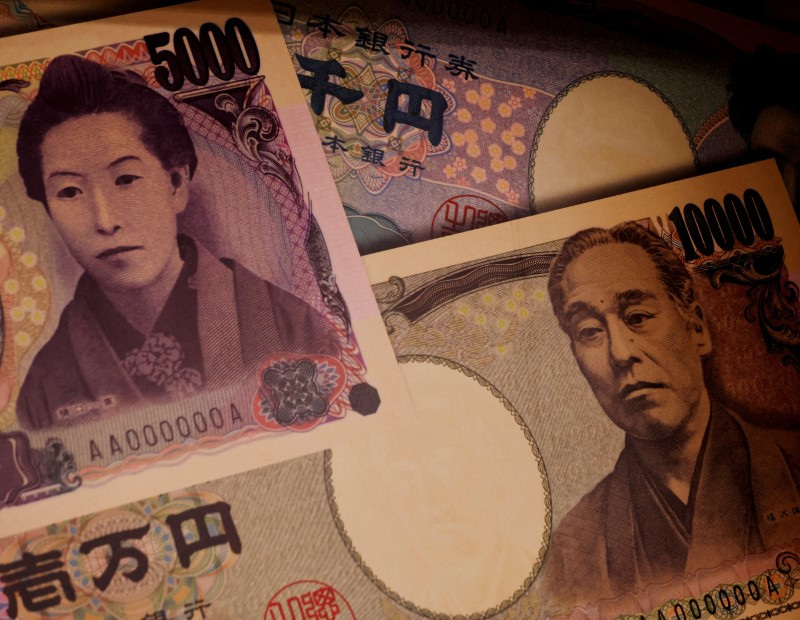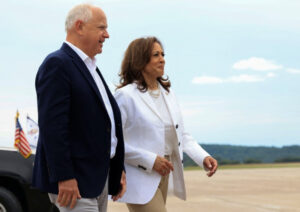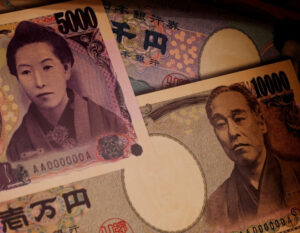Yen firms after sharp drop as traders assess Japan’s rate path

By Ankur Banerjee
SINGAPORE (Reuters) – The yen firmed on Thursday after a sharp drop in the previous session in a volatile week that has left sentiment fragile as investors weigh the unwinding of popular carry trades and ponder the rate path Japan’s central bank is likely to take.
The yen was last 0.53% higher at 145.95 per dollar, having dropped 1.6% on Wednesday after the Bank of Japan’s Deputy Governor Shinichi Uchida played down the chance of a near-term hike in interest rates.
The Japanese currency started the week by touching a seven-month high of 141.675 per dollar, a far cry from the 38-year lows it was rooted at in early July as soft U.S. jobs data last week stoked recession worries and roiled investors.
A surprise hike from the BOJ last week also led investors to bail out of carry trades, in which traders borrow the yen at low rates to invest in dollar-priced assets for higher returns.
A summary of opinions voiced at the BOJ’s July policy meeting showed on Thursday that some board members called for the need to keep raising interest rates with one saying they should eventually be increased to at least around 1%.
The contrasting opinions from the summary on Thursday and Uchida on Wednesday on whether the BOJ will continue to raise rates or pause as a result of market volatility will likely keep investors skittish.
“While the BOJ may have paused for now, it is likely to continue its journey towards normalizing policy in the coming months,” said Vasu Menon, managing director of investment strategy at OCBC.
“It may be too early to pop the champagne as markets remain vulnerable to the risk of negative news flows and other global uncertainties.”
Vasu said the rapid slide in U.S. stocks on Wednesday following a weak sale of Treasuries underscored the fragility of global financial markets.
The sharp moves in the yen has pushed the , which measures the U.S. currency against six rivals including the yen, to 103.08, near the seven-month low of 102.15 it touched on Monday.
The euro was steady at $1.09285, while sterling last fetched $1.26865, hovering close to the one-month low it touched on Tuesday.

The Swiss franc, another currency that was used to fund carry trades, like the yen, was slightly stronger at 0.859 per dollar, after an over 1% drop in the previous session.
The Australian dollar was 0.14% higher at $0.65275, while the New Zealand dollar was steady at $0.59985.





